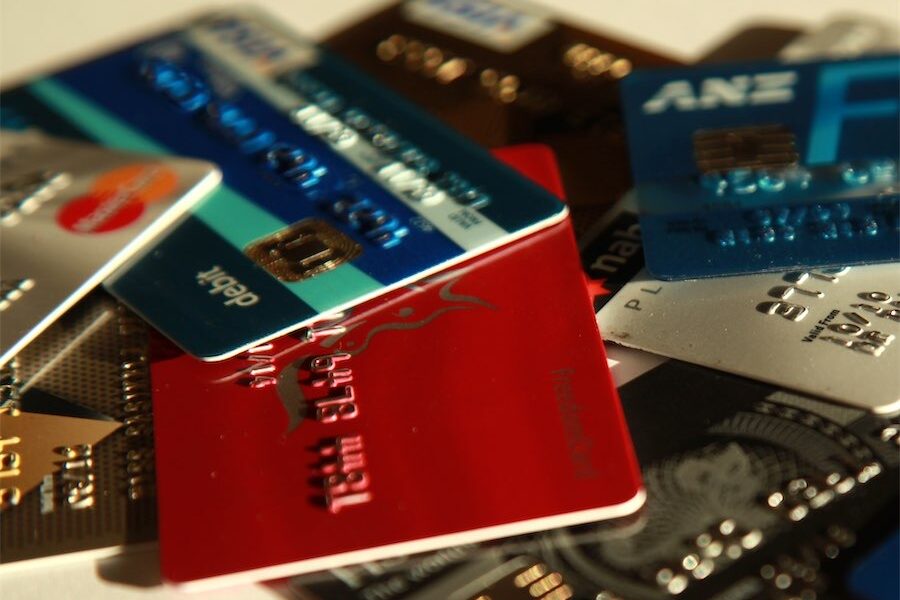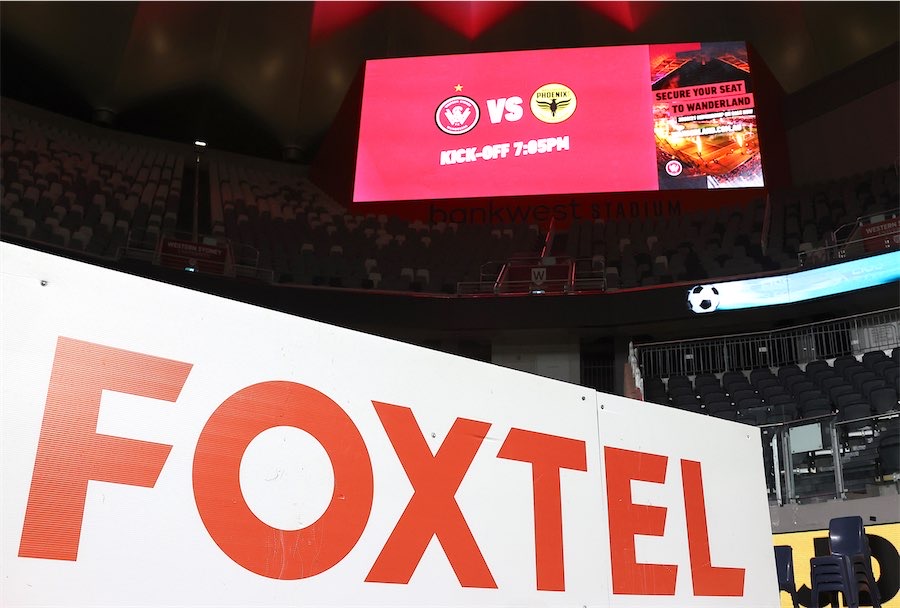
By Andrew Brown and Tess Ikonomou in Canberra
Surcharges imposed for paying with a debit card could soon be a thing of the past, with the federal government threatening banks with an outright ban.
The consumer watchdog has been given $2.1 million by the government to investigate fees on debit and credit cards.
Treasurer Jim Chalmers said the government was prepared to ban the fees on debit card transactions from the start of 2026, but that would also depend on a review carried out by the Reserve Bank.
“Consumers shouldn’t be punished for using cards or digital payments, and at the same time, small businesses shouldn’t have to pay hefty fees just to get paid themselves,” Dr Chalmers said.
“We’re prepared to ban debit card surcharges, subject to further work by the Reserve Bank and safeguards to ensure small businesses and consumers can both benefit from lower costs.”
The RBA is responsible for regulating the payments system and is conducting a review of merchant card payment costs and surcharges.
Months ago, National Australia Bank boss Andrew Irvine labelled surcharges on purchases made on cards outdated and “outrageous”.
Prime Minister Anthony Albanese said the government was waiting on the central bank to finish its work.
“My government’s number one priority is to ease the cost of living for households and businesses and this is another step to protect Australians,” he said.
Chief executive of the Australian Chamber of Commerce and Industry Andrew McKellar said a ban on debit card surcharges would be a win for businesses and consumers.
“In many cases, small businesses are facing these charges. It’s not necessarily linked to the costs of providing the service,” he told Nine’s Today program on Tuesday.
“In many cases, of course, they’ve got to pass it through, so it can amount to a significant proportion of the cost in the cost of a good or service that’s been provided.”
Nationals senator Bridget McKenzie said people hated the surcharge but scrapping it wouldn’t significantly ease cost-of-living concerns.
“The reality is, this is like fiddling around the edges while Rome burns,” she told Nine’s Today program.
“(With) this latest thought bubble, (the government’s) protecting the banks. They’re protecting Visa and Mastercard, and it’s our small businesses, our cafes, our pubs and our customers that are actually going to end up paying more.”
Greens senator Sarah Hanson-Young said the move didn’t go far enough.
“We need to make sure it’s the bank that covers the cost of this, not the consumer and not the small businesses,” she told ABC TV.
Co-founder of the Independent Payments Forum Brad Kelly said scrapping the surcharges needed to be a priority for the Reserve Bank, with more than 12 billion card transactions made each year.
“This is an important review for all Australians because the current situation costs every single one of us way too much, every time we shop,” he said.
“Currently small businesses and their customers pay the lion’s share of these fees, with big business cutting special deals with the banks and card schemes. These unfair fees turn up for consumers as surcharges.”
Who can be trusted?
In a world of spin and confusion, there’s never been a more important time to support independent journalism in Canberra.
If you trust our work online and want to enforce the power of independent voices, I invite you to make a small contribution.
Every dollar of support is invested back into our journalism to help keep citynews.com.au strong and free.
Thank you,
Ian Meikle, editor





Leave a Reply